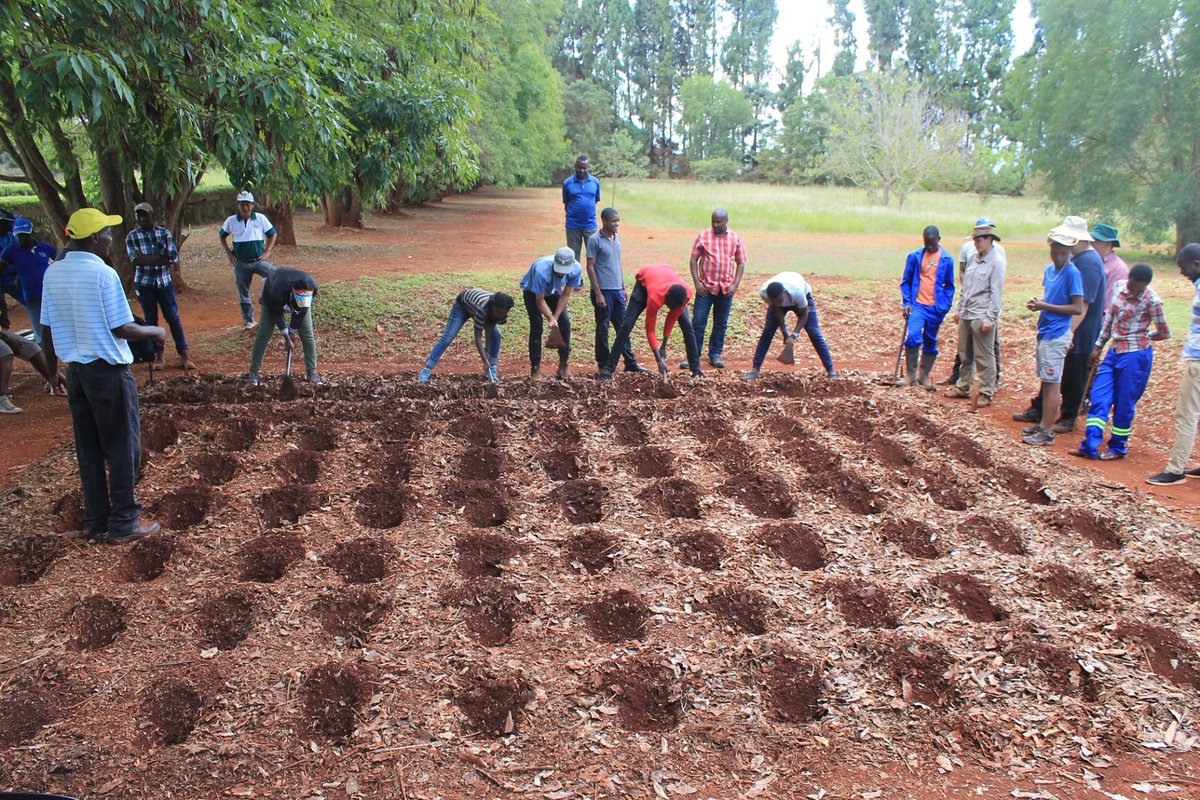Ease of doing business reforms for Agric Ministry
The Lands Agriculture, Water and Rural Resettlement Ministry has come up with reforms that have resulted in the establishment of one-stop permit processing at head office aimed at improving the ease of doing business in the sector and to promote competitiveness.
This comes as Government has also crafted a National Contingency Plan for the 2020/2021 rainfall season to deal with anticipated disaster with a budget of US$32 million approved to capacitate departments critical in early warning systems.
Briefing journalists after yesterday’s Cabinet meeting, Information, Publicity and Broadcasting Services Minister, Senator Monica Mutsvangwa, said the Lands Ministry’s one-stop permit processing office brought together regulatory agencies which include Seed Services, the Agricultural Marketing Authority, and Plant Quarantine Services.
The Veterinary Services Department and the National Biosafety Authority are expected to join the office soon.
The reforms will cut costs and reduce processes which clients pass through when obtaining regulatory documents with the compliance certificate now costing $25 from US$100.
Minister Mutsvangwa said the costs of acquiring necessary health certification documents had since been reduced by at least 40 percent through amendment of Statutory Instrument 94 of 2016.
“Furthermore, Statutory Instrument 83 of 2013 was repealed, thereby removing the levy paid by transporters at ports of entry and exit.
“Cabinet also wishes to inform the public that a one-stop permit processing office has been established at the ministry’s head office.
“Clients no longer need to travel to the Mazowe Plant Quarantine Station to obtain plant import permits. At the Beitbridge Border Post, clients can now pay only once for a range of services, using the ASYCUDA System under the Zimbabwe Revenue Authority. The electronic system for issuance of permits will soon become operational, thereby facilitating virtual applications for imports and export permits,” she said.
She said the ministry was also considering merging livestock related levies into one.
“To expedite issuance of stock clearance for movement, Cabinet encourages farmers to adopt personal brands which facilitate livestock identification and traceability,” she said.
On the rainfall outlook, Minister Mutsvangwa advised that effective rainfall was usually received around mid-November for most parts of the country and urged farmers willing to plant to consult with Agritex officers.
Some parts of the country witnessed strong winds and hailstones, which destroyed houses in some places.
“Regarding the country’s preparedness for emergencies likely to occur during the 2020/21 rainfall season, Government is getting ready to deal with anticipated disasters. This is in view of the widespread damage experienced in the past during Cyclone Dineo in 2017 and Cyclone Idai in 2019.
“Accordingly, the National Contingency Plan for the 2020/2021 rainfall season has been crafted to deal with the wide range of hazards expected, which may include flash flooding, severe thunder, wind and hail storms, landslides, and major human and animal disease as well as crop pest outbreaks,” she said.
Lands, Agriculture, Water and Rural Resettlement Minister Anxious Masuka said Government was planning to produce 3,8 million tonnes of grains during the forthcoming season.
“Forty-five percent of the cotton inputs are already on the ground. One million and 200 households have established Pfumvudza plots and 30 percent of the inputs are already on the ground with the Grain Marketing Board distributing the inputs to farmers,” he said.-heral.cl.zw











